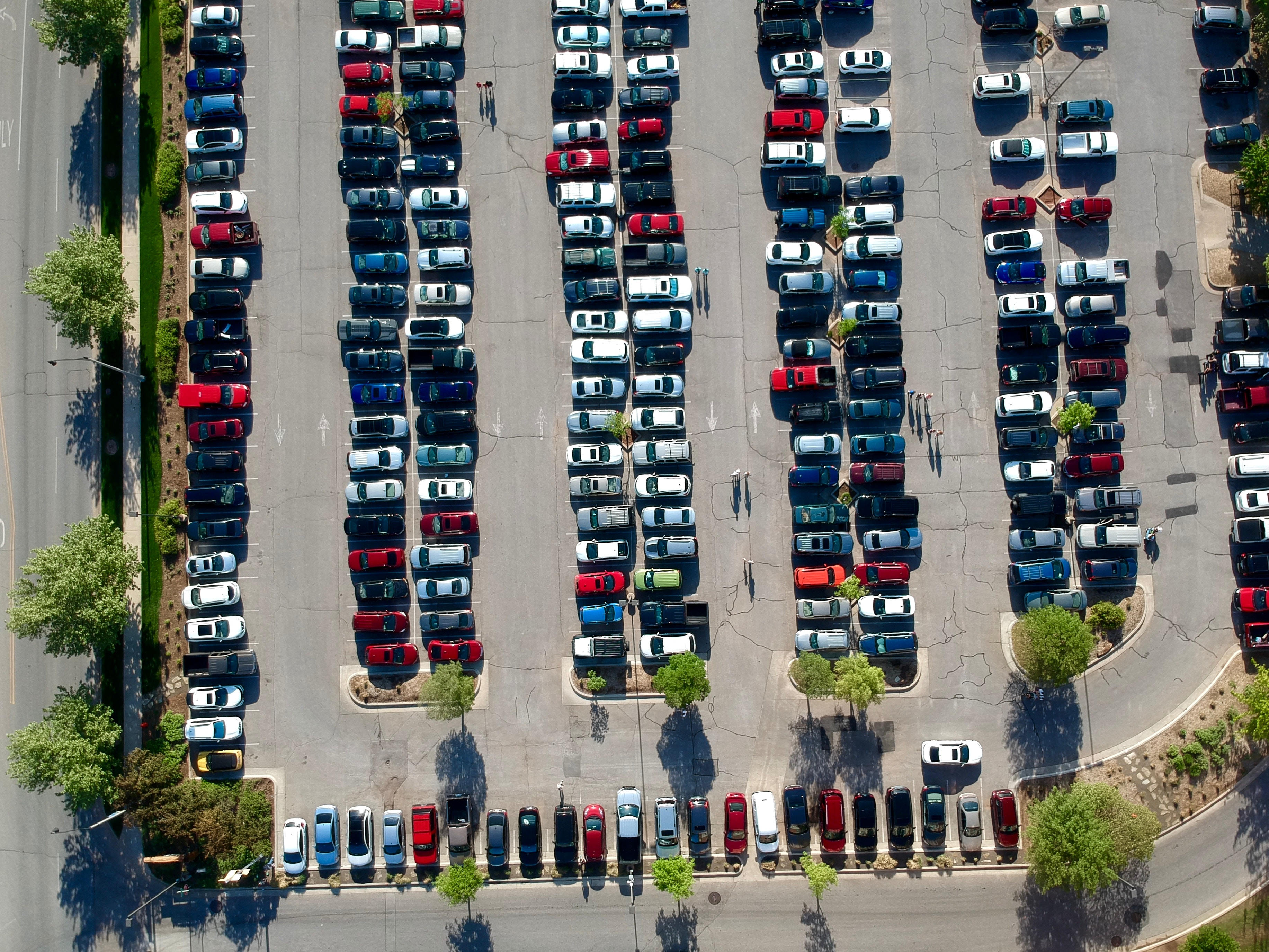11% Parking Spaces in the World Are Now Smart
Smart technologies have been introduced in all spheres of life over the past few years, including parking lots and spaces. According to the Smart Parking Market Report (2019-2023), a part of the IoT Analytics Smart Cities series, over 11% of the world’s public parking spaces (including both on-street and off-street spaces) are now implementing smart technologies.
This figure is expected to reach 16% by 2023. The report also predicts that the overall market expenditure on smart parking technologies will grow at a compound annual growth rate of 14% and reach at least $3.8 billion by 2023.

The question arises, why are smart parking products so popular? The answer lies within the fact that smart parking offers several benefits to both the customers and parking lot operators.
Benefits of Smart Parking
Some of the major benefits of smart parking solutions are:
- Ease of monitoring: By using advanced surveillance cameras and cloud storage technologies, operators can monitor parking spaces from remote locations – one employer can simultaneously monitor many parking spaces from the same location. This significantly reduces the number of employees that need to be hired for monitoring purposes. By cutting down on this number, an operator can save resources and funds and use them for better and more important work.
- Real-time rate adjustments: A major issue associated with parking lots in popular locations is that often, the demand for parking spaces can overtake the supply. This can lead to several issues such as traffic congestion, and in worse cases; accidents A great way to regulate the usage of parking lots is by adjusting the prices of spaces on the basis of factors such as time, overall demand, etc. The process of adjusting can be done in real-time with the help of vehicle detection sensors and smart parking meters, thereby increasing profits and reducing traffic.
- Advanced security: Operators would have access to smart cameras and massive cloud storage. This will increase the quality of surveillance of parking lots. Additionally, one can use license plate recognition software to further bolster the security of their parking lot.
- Parking assistance: For customers, a great benefit is that of smart parking assistance. This can be done with the implementation of the following smart products:
- Smart payment: This would provide several payment options to customers, thus saving time that could otherwise be wasted in always having to search for loose change.
- Navigation assistance: When a customer is entering a parking lot, they can be guided to the closest open parking spot with the help of navigation apps.
- Economic benefits: The implementation of advanced surveillance and real-time adjustments of prices can possibly increase the parking lot’s revenue by up to 60% – a figure which is better than that achieved by any other method. Furthermore, ensuring a seamless parking experience for users can boost the brand image of the parking operator, which would increase revenue as well.
- Reduction in traffic and pollution: With the implementation of navigation assistance apps and smart payment software, the amount of fuel that is burned in searching for a parking spot or paying for the ticket is drastically reduced, thus helping the environment. Also, optimizing the parking process and adjusting prices in real-time will reduce congestion and traffic.
Where the real value lies
The real value of smart parking solutions lies in the parking data that is generated. This data, when combined with data from other industries, can be used to yield important results and enable better innovation for smart cities. For example, city planners can use data consisting of the patterns and the behavior of drivers within the city to reduce congestion, optimize parking spaces, and decrease traffic.
The impact of IoT on parking
The advancement of IoT-inspired sensors has significantly improved parking conditions in major cities such as New York, Berlin, London, etc. over the past 5 years. The implementation of smart products including vehicle detection centers, navigation apps, and smart payment software has led to better parking space management and enforcement of rules. As IoT and smart parking continue to see increased adoption, they are well on their way to solve modern parking problems.

